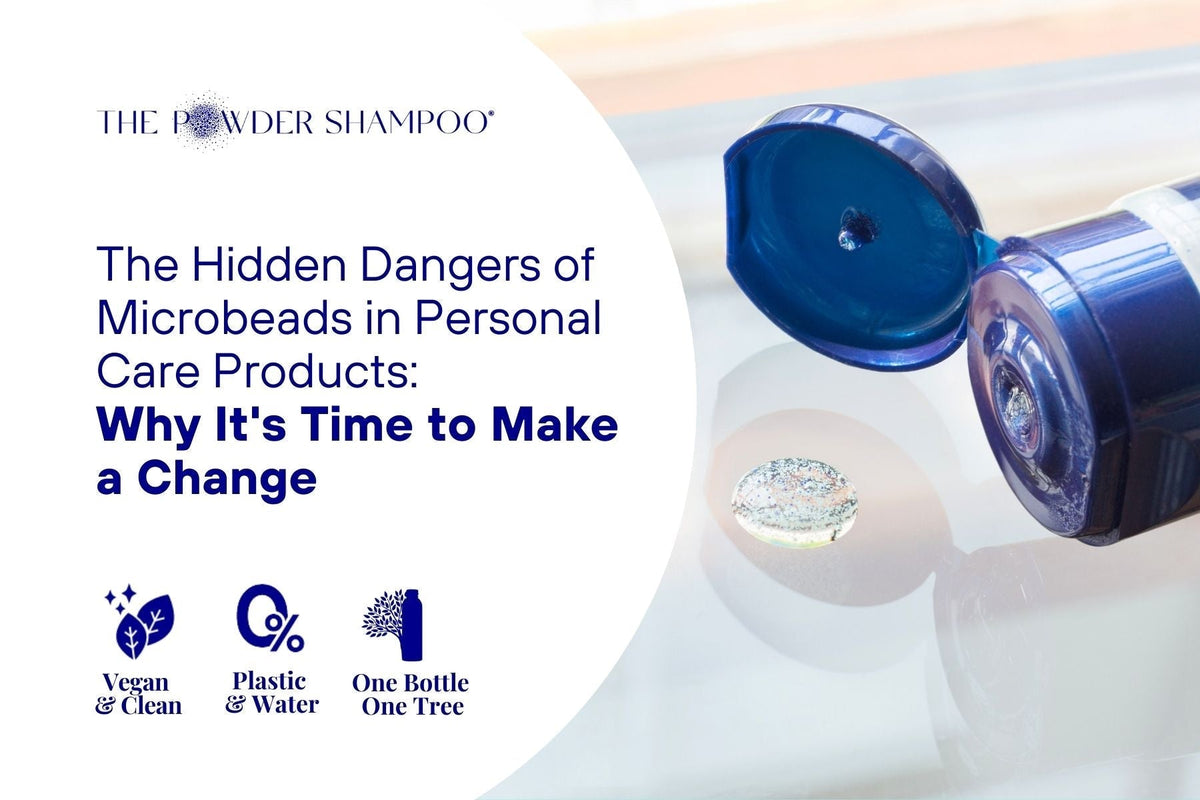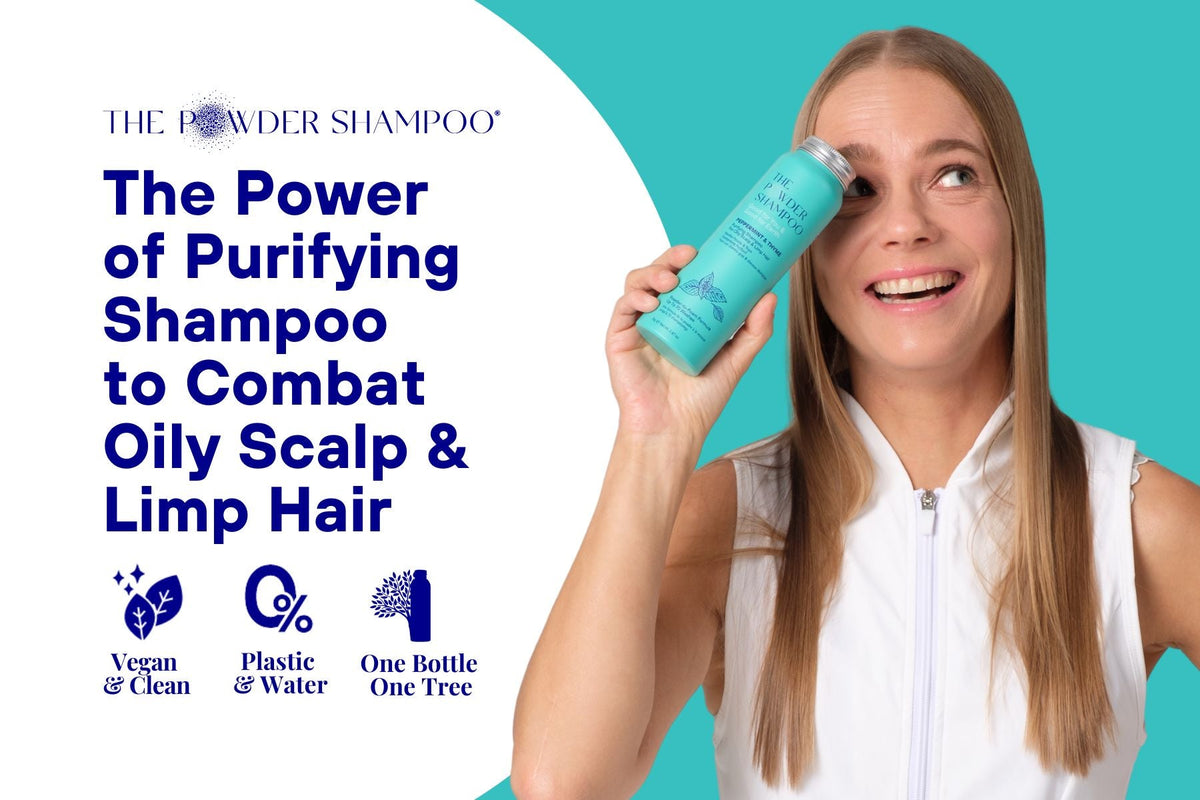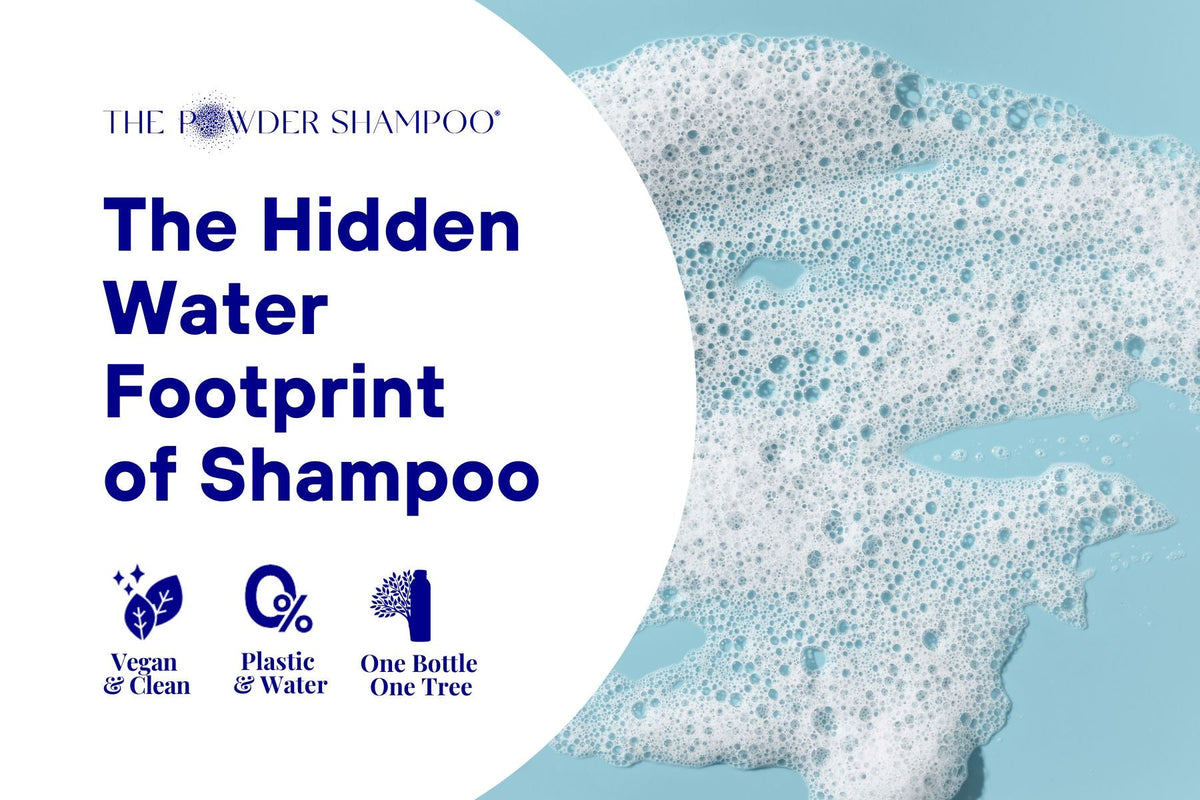The Hidden Dangers of Microbeads in Personal Care Products: Why It's Time to Make a Change

In recent years, the beauty and personal care industry has come under scrutiny for its use of microbeads in various products. These tiny plastic particles, once praised for their exfoliating properties, are now recognized as a significant environmental hazard. This article aims to educate readers about the dangers of microbeads and why it's crucial to choose alternatives for the sake of our planet and our health.

What are Microbeads?
Microbeads are small, manufactured plastic particles typically less than 5 millimeters in size. They are commonly found in:
- Face scrubs
- Body washes
- Toothpaste
- Cosmetics
Originally introduced as an exfoliating agent, these tiny spheres have become a major concern due to their impact on the environment and potential health risks.

The Case Against Microbeads in Personal Care Products
Many countries have taken legislative actions against the use of microbeads in personal care products due to the following major reasons:
Environmental Impact of Microbeads
Water Pollution:
- Microbeads are too small to be filtered out by wastewater treatment plants.
- They end up in rivers, lakes, and oceans, contributing to plastic pollution.
Marine Life Hazards:
- Marine animals often mistake microbeads for food.
- Ingestion can lead to malnutrition, starvation, and death in aquatic species.
Toxic Absorption:
- Microbeads act like sponges, absorbing toxins in the water.
- These toxin-laden particles can then be consumed by marine life, entering the food chain.
Long-lasting Impact:
- Plastic microbeads do not biodegrade.
- They can persist in the environment for hundreds of years.
Health Concerns Related to Microbead Use
Human Consumption:
- Microbeads in toothpaste can be inadvertently swallowed.
- They may accumulate in the body over time.
Potential Toxicity:
- Microbeads can absorb and release harmful chemicals.
- These chemicals may include pesticides, flame retardants, and other pollutants.
Skin Irritation:
- Some people may experience skin irritation from microbead-containing products.
- Natural alternatives are often gentler on the skin.
Indirect Health Risks:
- As microbeads enter the food chain, humans may be exposed to concentrated toxins through seafood consumption.

How to Avoid Microbeads in Your Products
Read Labels:
- Look for "polyethylene" or "polypropylene" in the ingredient list.
- Be wary of terms like "micro" or "scrubbing beads."
Use Apps:
- Several smartphone apps can scan product barcodes to identify microbead content.
Choose Natural Products:
- Opt for products that use natural exfoliants or enzymatic exfoliation.
Make Your Own:
- Create DIY scrubs using natural ingredients like sugar, salt, or coffee grounds.

Alternatives to Microbead
Fortunately, there are many effective and environmentally friendly alternatives to microbeads:
Natural Exfoliants:
- Ground nut shells (e.g., walnut, almond)
- Oatmeal
- Sugar or salt
- Coffee grounds
- Jojoba beads (biodegradable wax)
Fruit Enzymes:
- Papaya, pineapple, or pumpkin enzymes naturally exfoliate skin.
Chemical Exfoliants:
- Alpha-hydroxy acids (AHAs) and Beta-hydroxy acids (BHAs) provide chemical exfoliation.
Konjac Sponges:
- Made from the root of the konjac plant, these sponges offer gentle exfoliation.
Sustainable Powder Formulas:
- Water-activated powder cleansers and exfoliants are becoming popular eco-friendly alternatives.
Conclusion
The dangers of microbeads in personal care products are clear and significant. As consumers, we have the power to make a difference by choosing environmentally friendly alternatives. By educating ourselves and making conscious choices, we can contribute to cleaner waters, healthier marine ecosystems, and potentially safeguard our own health. The next time you shop for personal care products, remember the impact of microbeads and opt for sustainable alternatives. Your skin—and the planet—will thank you.
Blog posts
Featured collection
- Regular Price
- ¥238.00
- Sale Price
- ¥238.00
- Regular Price
-
- Unit Price
- per
- Regular Price
- ¥180.00
- Sale Price
- ¥180.00
- Regular Price
-
- Unit Price
- per
- Regular Price
- ¥198.00
- Sale Price
- ¥198.00
- Regular Price
-
- Unit Price
- per
- Regular Price
- ¥180.00
- Sale Price
- ¥180.00
- Regular Price
-
- Unit Price
- per
- Regular Price
- ¥180.00
- Sale Price
- ¥180.00
- Regular Price
-
- Unit Price
- per
- Regular Price
- ¥238.00
- Sale Price
- ¥238.00
- Regular Price
-
- Unit Price
- per












